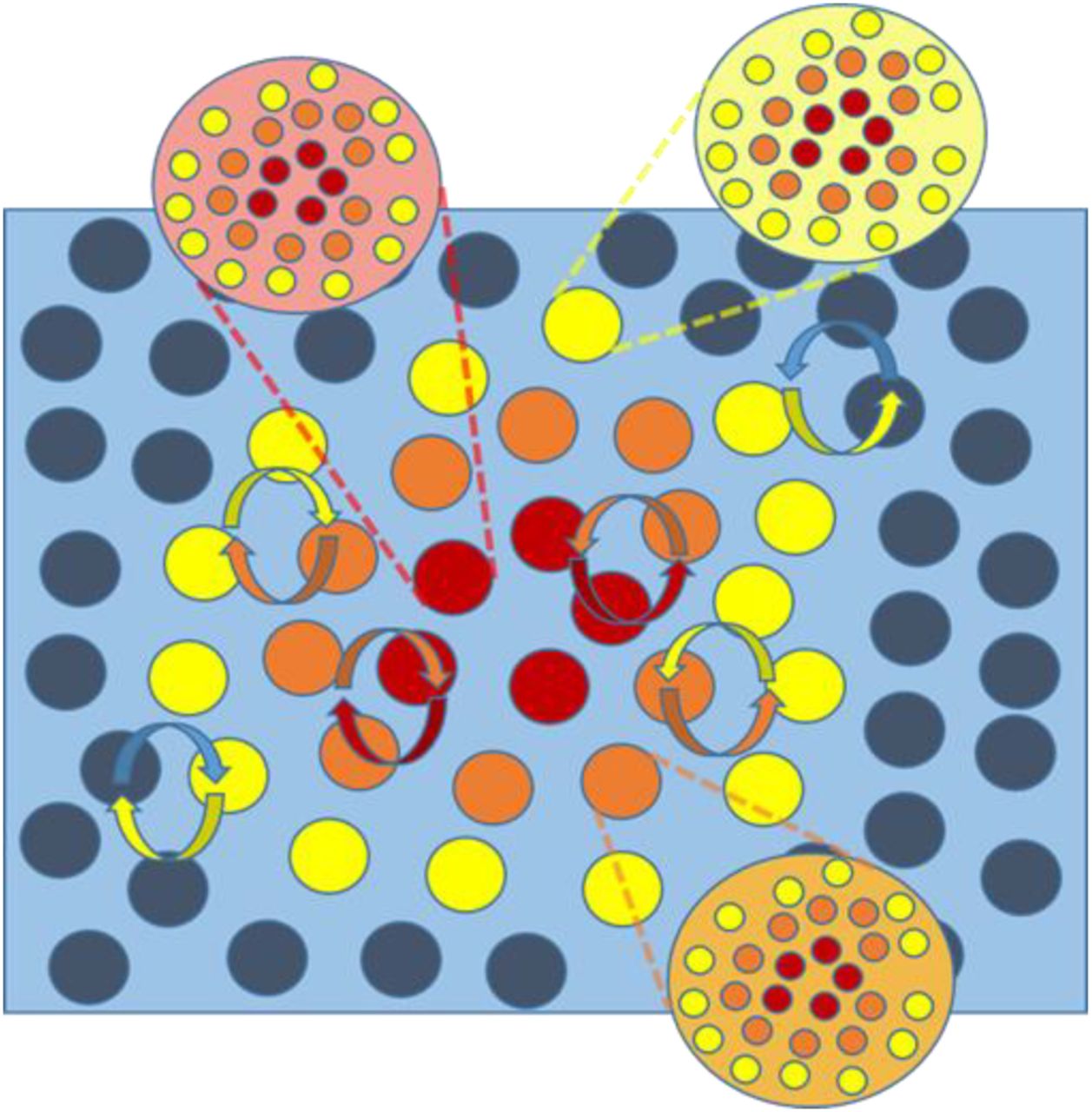JOB: Tulane University
The Tulane Philosophy Department in connection with the Cognitive Studies Program invites applications for a one-year Visiting Assistant Professor to start fall 2020. Teaching responsibilities will include expository science writing and one or more of the core Cognitive Studies courses, such as: Mind in Evolution, Consciousness, Foundations of Cognitive Science, and …



